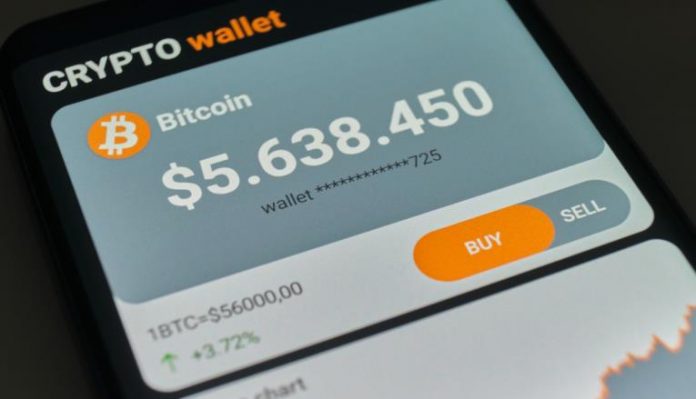Table of Contents
A cryptocurrency wallet is your tool to manage your assets and interact with the blockchain. It is needed to receive and transfer coins, as well as to access DApps. Technically, your wallet does not store coins. It generates keys that confirm your right to use some amount of cryptocurrency that belongs to you. Still, we use the term “storage” to make it easier to understand the underlying processes of cryptography.
How crypto wallets work?
The wallet contains two keys: public and private. The public key generates addresses for receiving cryptocurrency. It can be safely entrusted to third parties. The private key is kept secret, as it is needed for actually accessing your coins and confirming spending transactions, whether it is buying a PIRATE DAO for another crypto or exchanging cryptocurrency that you bought for a dollar.
 Cryptocurrencies exist only in the virtual dimension. And the keys can be provided to the user in different forms. They can be applied to physical media (printed, engraved, even tattooed on the body), available through special software installed on your working device or standalone removable media.
Cryptocurrencies exist only in the virtual dimension. And the keys can be provided to the user in different forms. They can be applied to physical media (printed, engraved, even tattooed on the body), available through special software installed on your working device or standalone removable media.
Key differences between custodial and non-custodial storage
Cryptocurrency wallets can be classified according to different criteria. In particular, they all form two large groups: custodial and non-custodial.
A custodial wallet is any service that stores your assets but does not provide you with a private key. Any account on a centralized cryptocurrency exchange is a custodial wallet by default.


Pros and cons of a custodial crypto wallet
By choosing a custodial wallet for permanent storage of assets, you entrust your private keys to a third party. More precisely, you will not know at all what they look like. This third party will store and use them on your behalf on your behalf. That is, you will not be solely and completely in control of your funds. However, although it sounds a little scary, it’s not all that bad.
If you store private keys yourself, there is a risk that they may be lost or compromised. This means that you will permanently lose access to your coins. According to some reports, about 3 million Bitcoin investment have already been lost in this way.


The main disadvantage of custodial wallets is the presence of a third party. In most cases, the service provider will require you to complete an identity check. In addition, you have to pay for the service and it can be quite expensive.
On the other hand, you don’t have to worry about your funds if you lose your password. With custodial wallets, this problem is easily solved.
Pros and cons of non-custodial wallets
If it is important for you to have full control over your funds, it is better to choose a non-custodial cryptocurrency wallet. With them, you get much more freedom of action, for example, the ability to interact directly with decentralized exchanges and decentralized applications.
Non-custodial transactions are faster because you don’t have to wait for confirmation of withdrawals from vault.


At the same time, the loss of a private key can be a disaster if you have a significant amount on your balance.
Which wallet to choose?
We again return to the common truth: proceed from your own experience, opportunities and goals for owning a cryptocurrency. Are you a confident owner of a cryptocurrency, it is important to keep your identity secret, make the most of the possibilities of blockchain technology and are you mentally prepared to take full responsibility for your finances? In such cases, you can safely opt for a non-custodial wallet.
If you are just starting to master the crypto world, some of the points are not important for you, or you are not fully ready to be a bank for yourself, it is better to choose a custodial wallet.






































